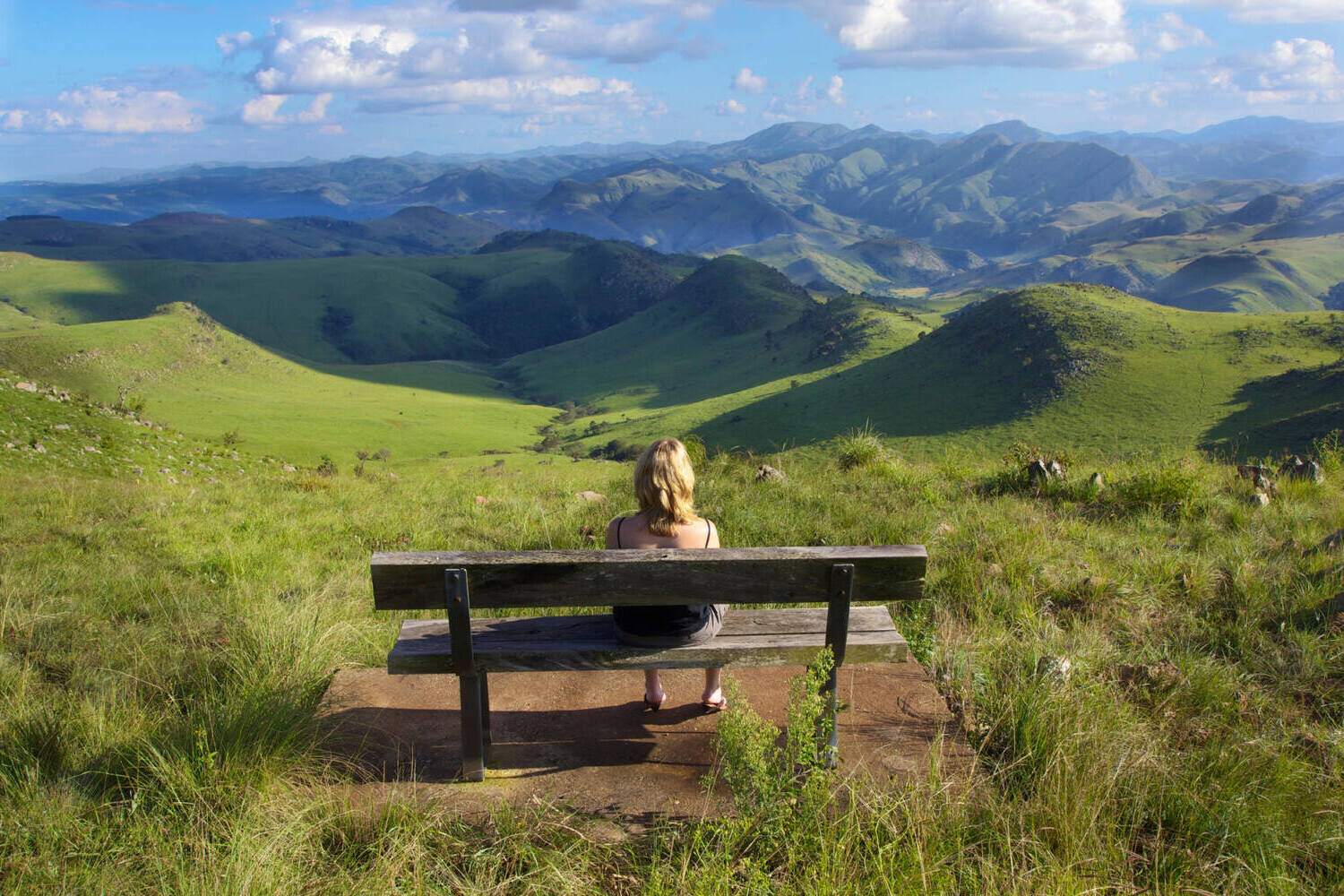
Ever wondered about the hidden gems of Africa? Eswatini, formerly known as Swaziland, is a small yet captivating country packed with rich culture, stunning landscapes, and unique traditions. Nestled between South Africa and Mozambique, this landlocked nation offers a blend of modernity and ancient customs. Did you know Eswatini is one of the last absolute monarchies in the world? King Mswati III rules with significant influence, making the political landscape intriguing. From the vibrant Umhlanga Reed Dance to the breathtaking Hlane Royal National Park, Eswatini promises an unforgettable experience. Ready to dive into 15 fascinating facts about this remarkable country? Let's get started!
Key Takeaways:
- Eswatini, formerly known as Swaziland, is a small but diverse country in Southern Africa, with rich history, vibrant culture, and a thriving economy.
- From the annual Umhlanga dance to the diverse wildlife in its national parks, Eswatini offers a unique blend of tradition and natural beauty for visitors to explore.
Location and Geography
Eswatini, formerly known as Swaziland, is a small landlocked country in Southern Africa. Despite its size, it boasts a diverse landscape.
- Eswatini is bordered by South Africa to the west and Mozambique to the east.
- The country covers an area of just over 17,000 square kilometers, making it one of the smallest countries in Africa.
- Eswatini has four distinct geographical regions: the Highveld, Middleveld, Lowveld, and the Lubombo Plateau.
History and Independence
Eswatini has a rich history that dates back centuries. Its journey to independence is a significant part of its identity.
- The country was a British protectorate from 1903 until it gained independence on September 6, 1968.
- King Sobhuza II, who reigned for 82 years, played a crucial role in leading Eswatini to independence.
- In 2018, King Mswati III renamed the country from Swaziland to Eswatini to reflect its pre-colonial heritage.
Culture and Traditions
Eswatini is known for its vibrant culture and traditions, which are deeply rooted in its society.
- The Umhlanga, or Reed Dance, is an annual cultural event where thousands of young women dance for the Queen Mother.
- Incwala, the Kingship Ceremony, is another significant event that celebrates the first fruits of the harvest.
- Traditional Swazi attire includes colorful fabrics and beadwork, often worn during cultural ceremonies.
Economy and Resources
Despite being small, Eswatini has a diverse economy with various resources contributing to its GDP.
- Agriculture is a major part of the economy, with sugarcane being one of the primary crops.
- The country also has a growing textile industry, which exports garments to the United States and Europe.
- Eswatini is rich in minerals like coal and diamonds, which are mined and exported.
Wildlife and Nature
Eswatini is home to a variety of wildlife and natural beauty, making it a popular destination for nature lovers.
- Hlane Royal National Park is the largest protected area in Eswatini, home to lions, elephants, and rhinos.
- The country has several nature reserves, including Mlilwane Wildlife Sanctuary, which offers hiking and bird-watching opportunities.
- Eswatini's diverse ecosystems range from savannas to rainforests, providing habitats for numerous plant and animal species.
Eswatini's Unique Charm
Eswatini, a small but vibrant country, offers a blend of rich culture, stunning landscapes, and fascinating history. From its traditional festivals to its wildlife reserves, there's always something intriguing to explore. The monarchy, one of the last absolute ones in the world, adds a unique layer to its identity. Languages like Siswati and English reflect its diverse heritage. The Ngwenya Mine, one of the oldest in the world, showcases its ancient roots.
Whether you're captivated by the Reed Dance, the Big Game Parks, or the craft markets, Eswatini promises an unforgettable experience. Its people, known for their warmth and hospitality, make every visit special. So, next time you're planning a trip, consider this gem in Southern Africa. Eswatini's charm lies in its ability to blend the old with the new, offering a unique experience for every traveler.
Frequently Asked Questions
Was this page helpful?
Our commitment to delivering trustworthy and engaging content is at the heart of what we do. Each fact on our site is contributed by real users like you, bringing a wealth of diverse insights and information. To ensure the highest standards of accuracy and reliability, our dedicated editors meticulously review each submission. This process guarantees that the facts we share are not only fascinating but also credible. Trust in our commitment to quality and authenticity as you explore and learn with us.


